
AeroGenie — 您的智能副驾驶。
热门趋势
Categories
Airbus’s New Business Class Seat Patent and Its Impact on Future Travel
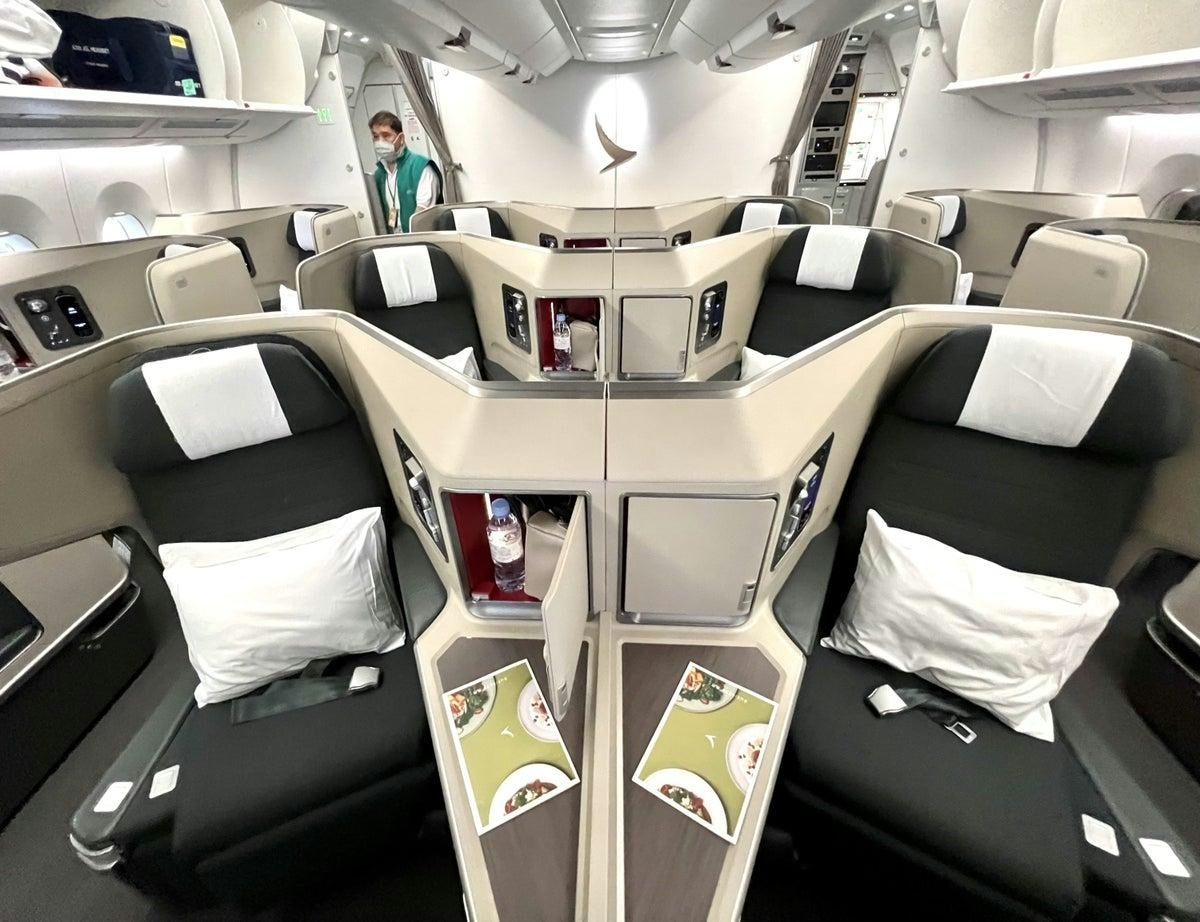
Airbus’s New Business Class Seat Patent: Shaping the Future of Premium Air Travel
Airbus has introduced a newly patented business class seat design that promises to transform the premium travel experience. Amid increasing demands for luxury and privacy, alongside the need to optimize cabin space and profitability, this innovation arrives at a critical juncture for the aviation sector. The design is adaptable for both widebody and narrowbody aircraft and incorporates lie-flat functionality with a single motor mechanism that simultaneously adjusts the backrest and seat pan, converting the seat into a fully flat bed. Privacy enhancements include side panels, a rear partition, and sliding doors, effectively creating a private mini-suite for each passenger. This configuration enables airlines to deliver a first-class experience without expanding their fleets, a significant advantage given the limited availability of new widebody jets and ongoing crew shortages.
Rising Demand for Premium Travel
The demand for premium travel has escalated notably in recent years, driven by passengers’ increasing desire for comfort, privacy, and productivity during long-haul flights. The emergence of hybrid work models and the blending of business with leisure travel—often termed “workations”—have elevated expectations for business class accommodations. Travelers now seek environments conducive to both relaxation and work, prompting airlines to invest substantially in cabin enhancements.
In response, carriers have rolled out business class suites featuring privacy doors, advanced in-flight entertainment systems, Wi-Fi connectivity, and power outlets. Premium economy cabins have also seen upgrades, offering additional space and amenities for passengers willing to pay a premium over standard fares. On the ground, airport lounges and dining services have been enhanced to provide a seamless and elevated travel experience from check-in through to arrival.
Market Dynamics and Competitive Pressures
Airlines are increasingly focused on maximizing revenue by expanding premium cabin offerings, sometimes at the expense of economy seating. Premium seats generate significantly higher revenue per square foot, and premium travelers tend to exhibit lower price sensitivity, making this segment particularly lucrative. Market responses underscore the robust demand for such upgrades; for instance, Delta Air Lines has reported strong financial performance driven by premium and corporate travel, underscoring the profitability of investing in high-end cabins.
Nonetheless, Airbus’s innovation faces competitive challenges, notably from Boeing and other manufacturers who may develop comparable seating solutions to protect their market share. The integration of new technology also presents operational challenges, as airlines must carefully consider the costs and logistical implications of retrofitting existing fleets. Furthermore, some passengers have expressed reservations about certain design features, such as windowless mini-suites, questioning whether the enhanced privacy justifies the potential loss of external views.
Looking Ahead
As airlines continue to prioritize premium offerings, Airbus’s new business class seat patent positions the company at the forefront of cabin innovation. The design embodies broader industry trends emphasizing luxury, efficiency, and revenue optimization. While challenges remain—including competitive responses and varying passenger preferences—this development signals a new era in business class travel, where comfort and privacy are increasingly regarded as essential rather than optional.
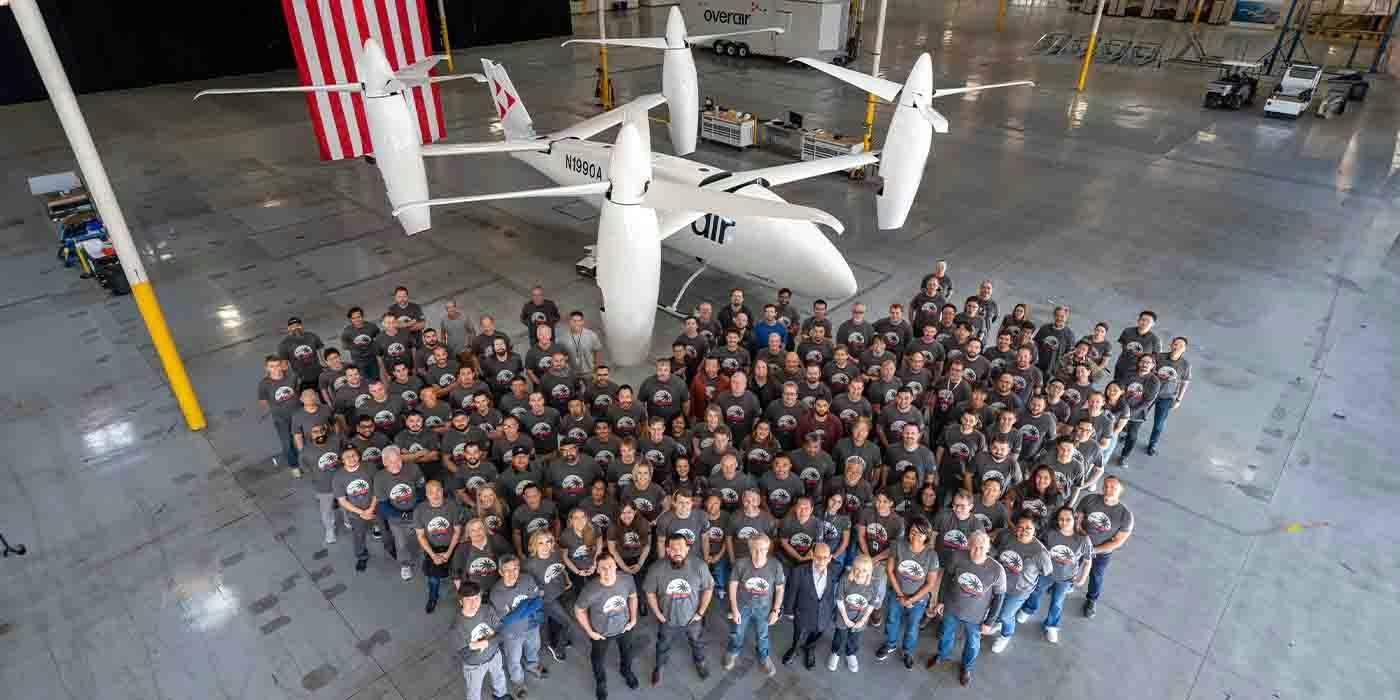
Unique mixed-propulsion eVTOL completes transition flight testing
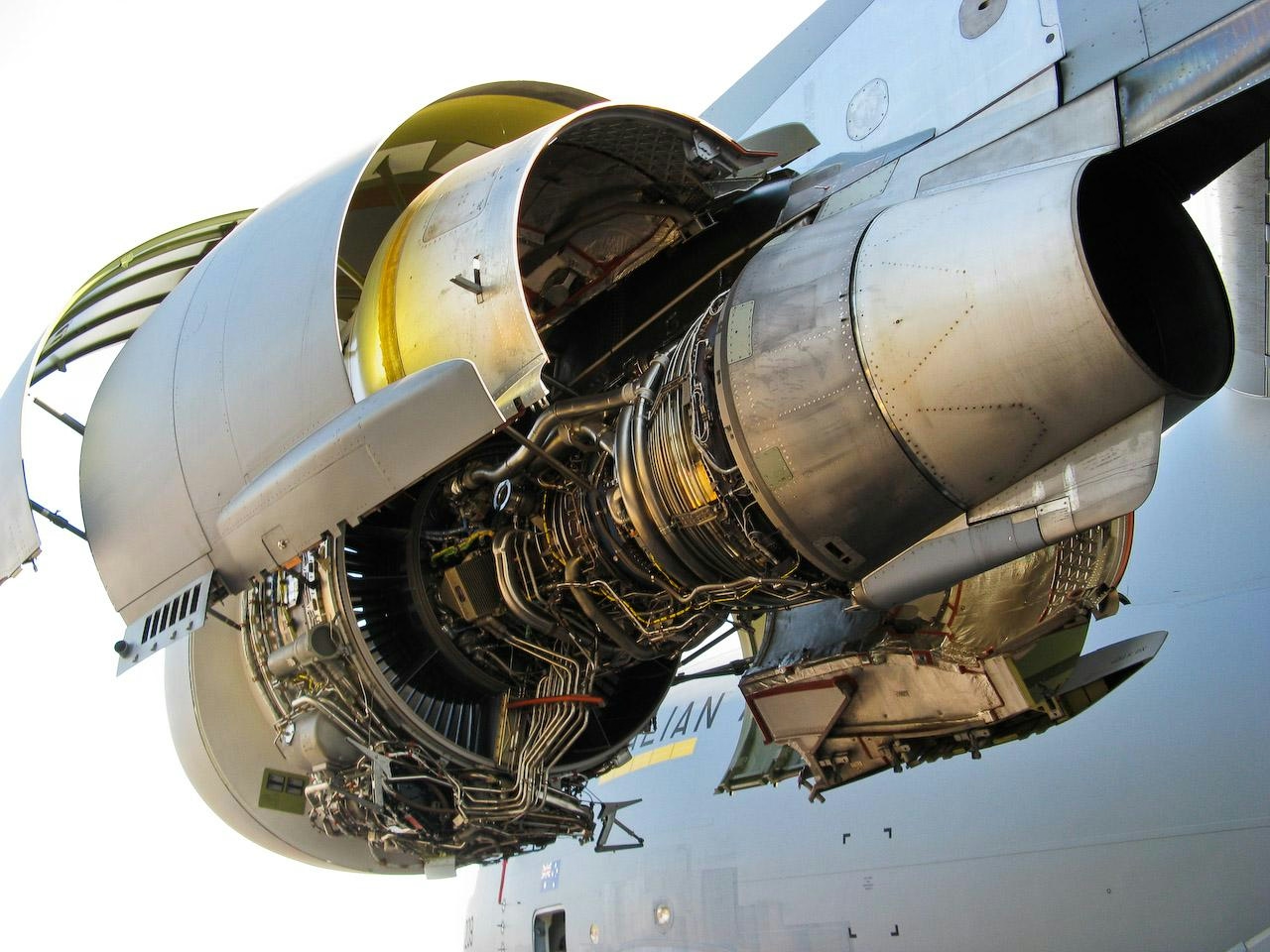
Are C-17 Globemaster Engines Derived from Boeing 757?
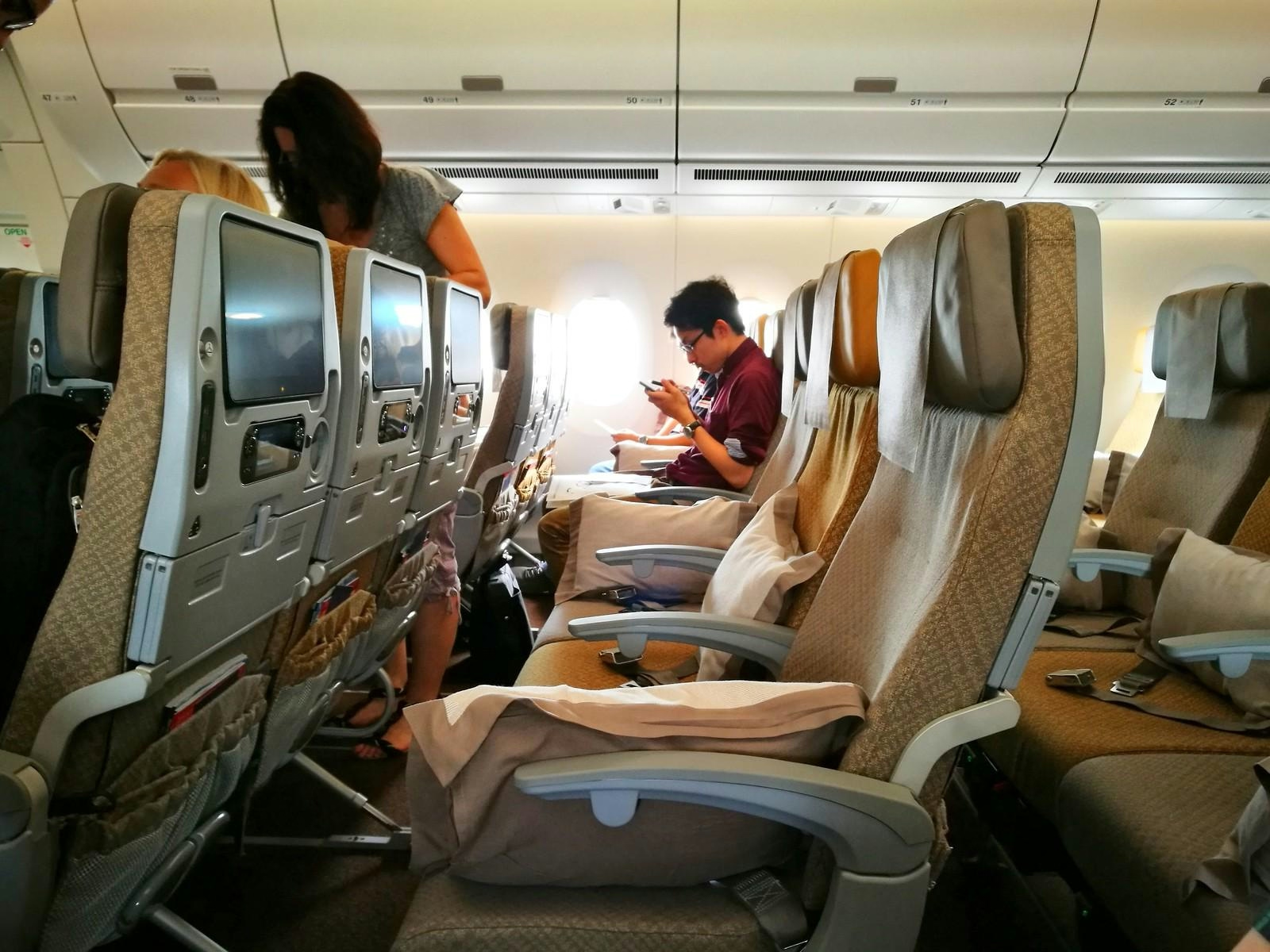
Why the Airbus A350’s Cabin Is Quieter Than Other Aircraft
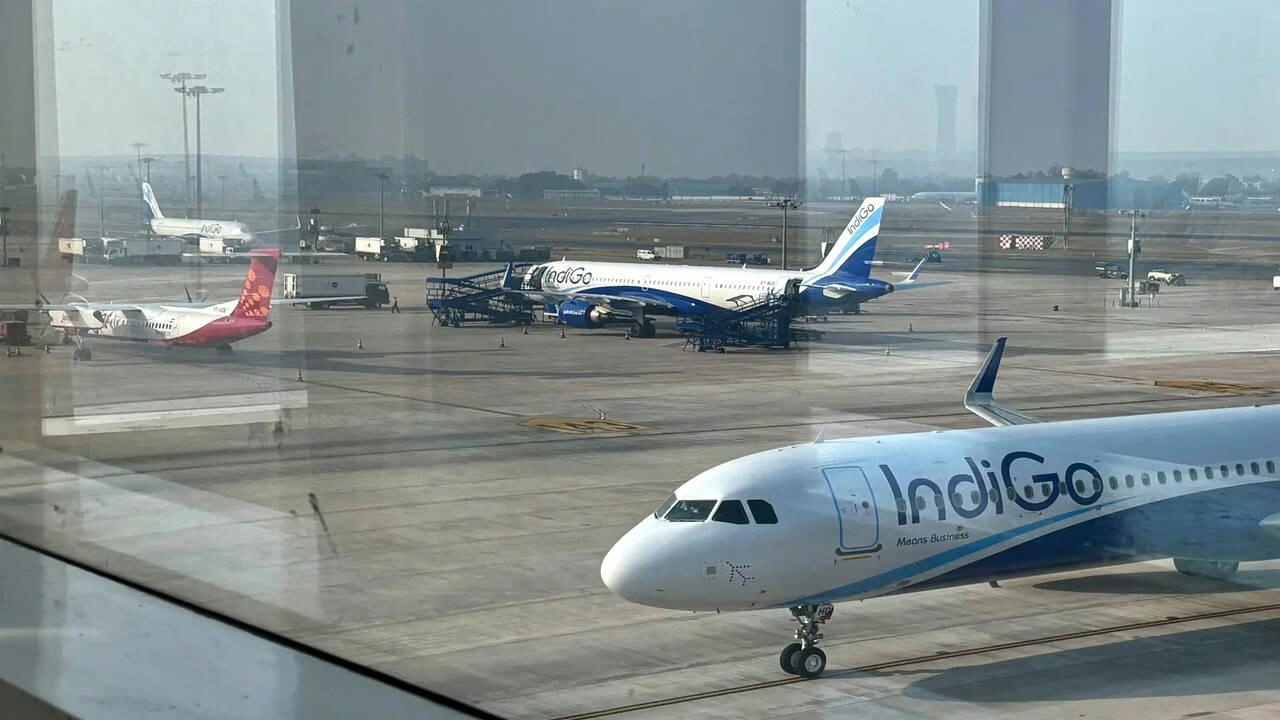
AI and AI Express Plan to Increase Capacity Amid IndiGo Flight Disruptions
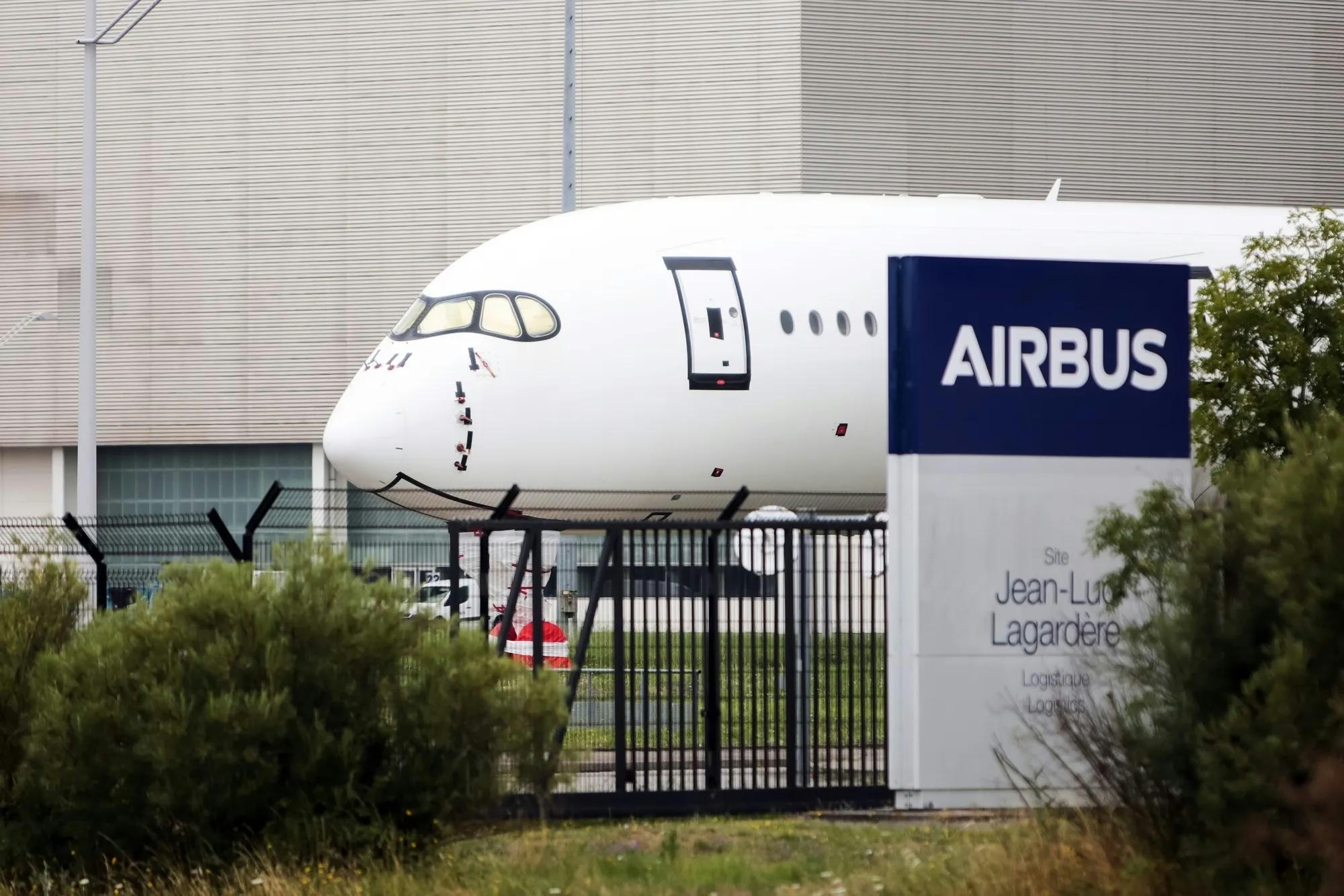
Kazakhstan and France Agree on Airbus Aircraft Deliveries
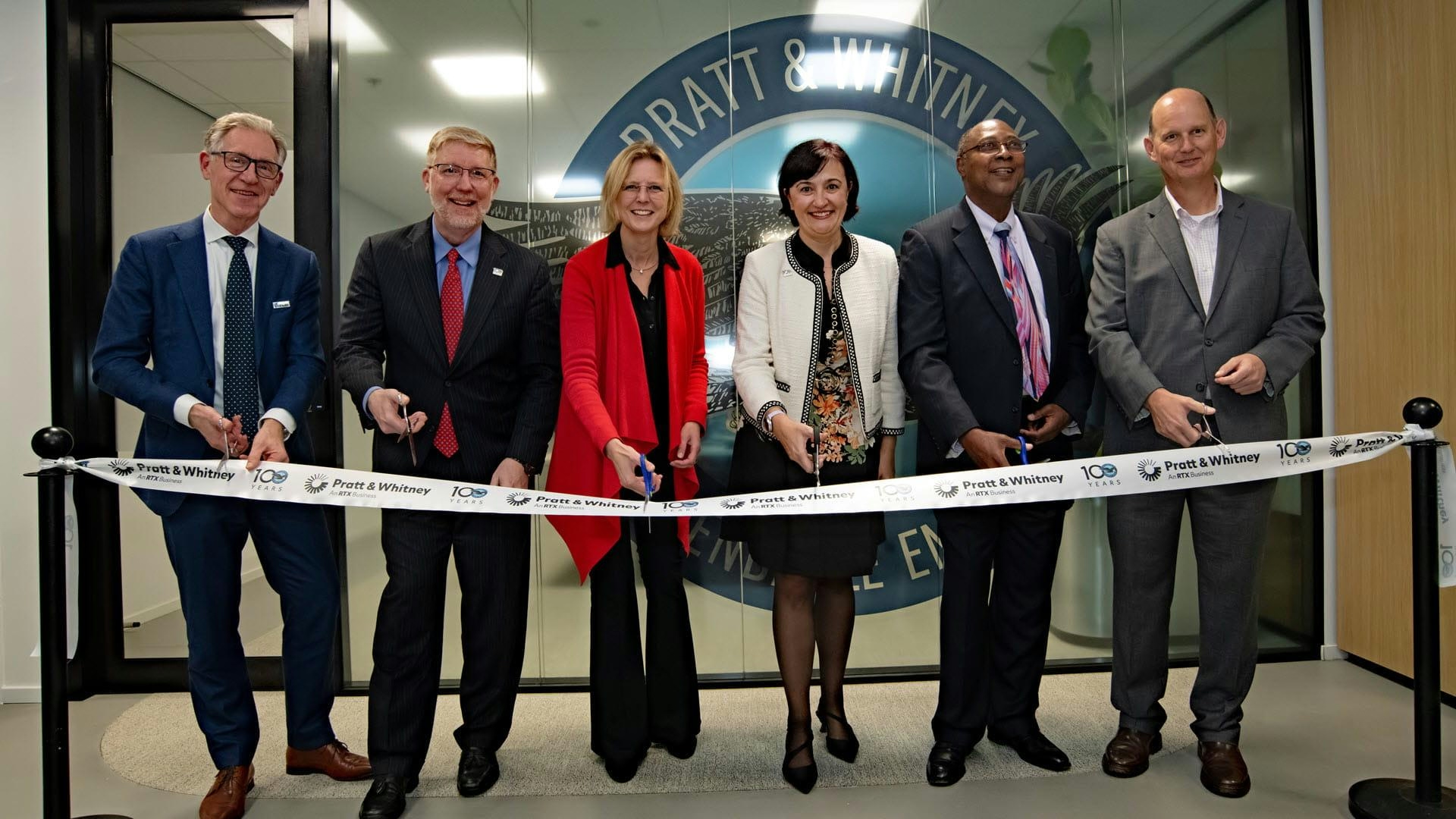
Europe’s Emerging Talent Drives Aviation Innovation
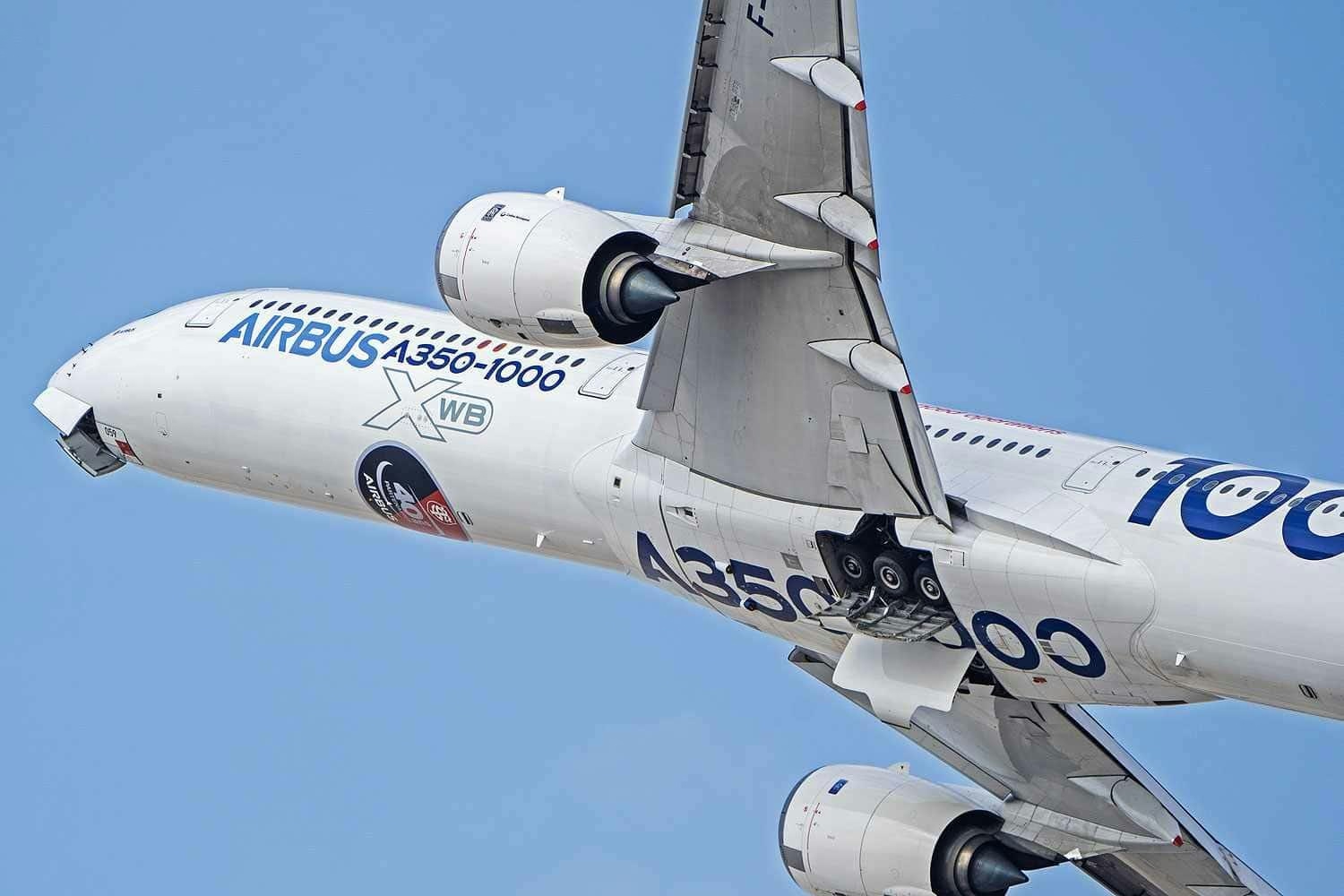
Airbus Receives New Order for A350-1000
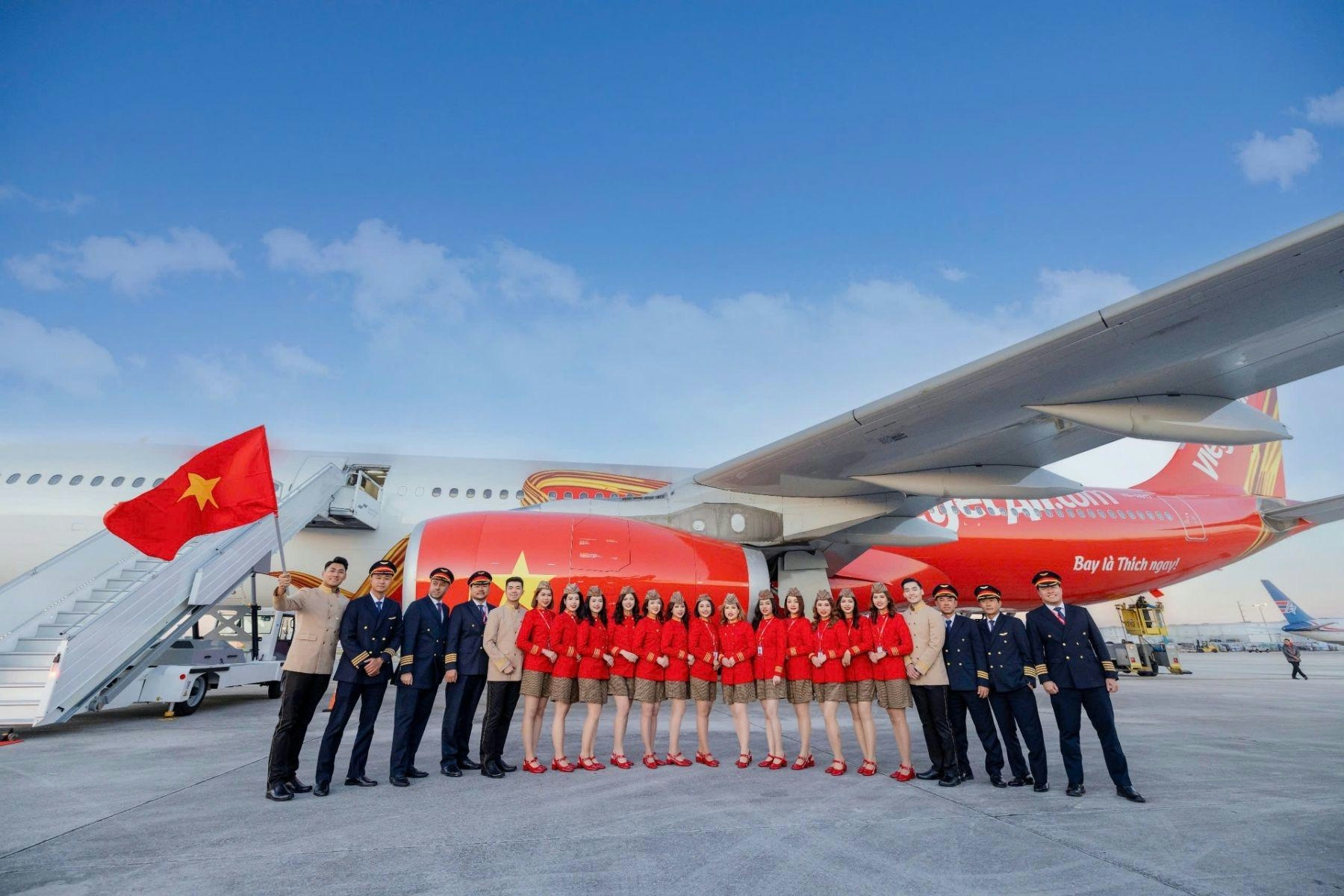
The Leading Widebody Aircraft in Service Today
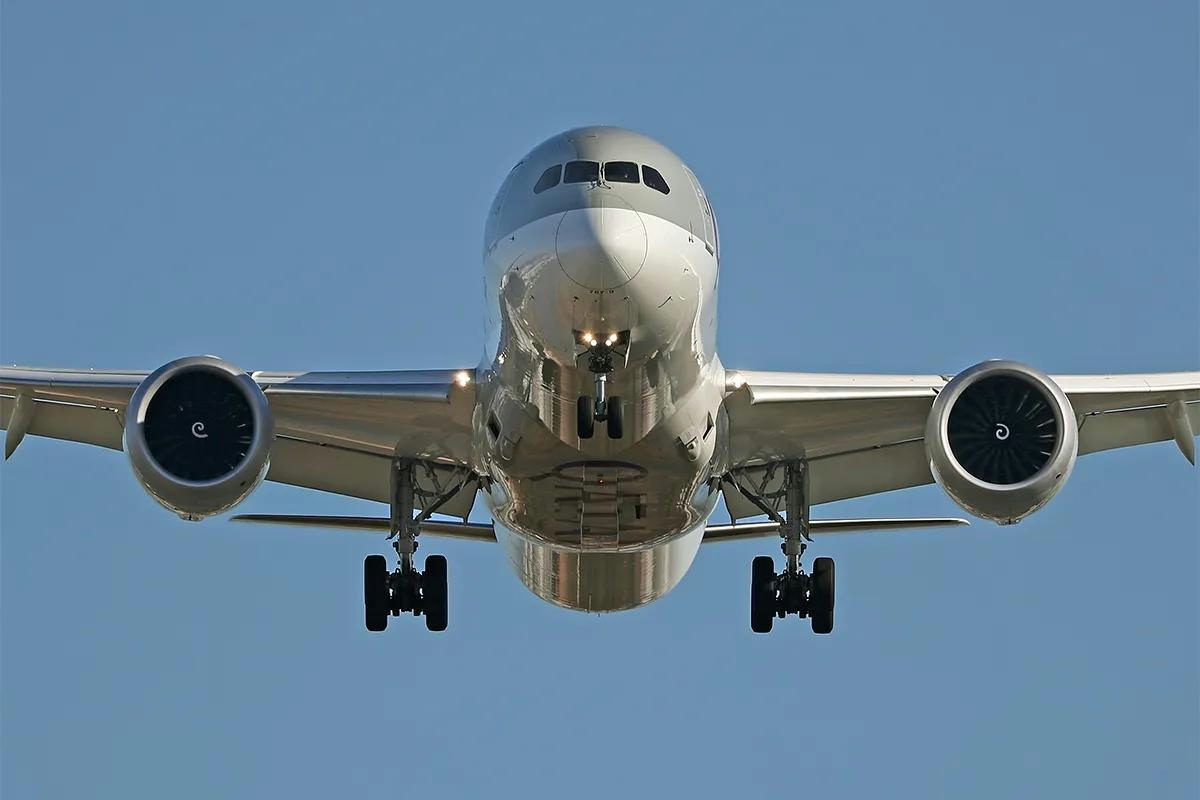
The Fastest Boeing Jet Currently in Service
